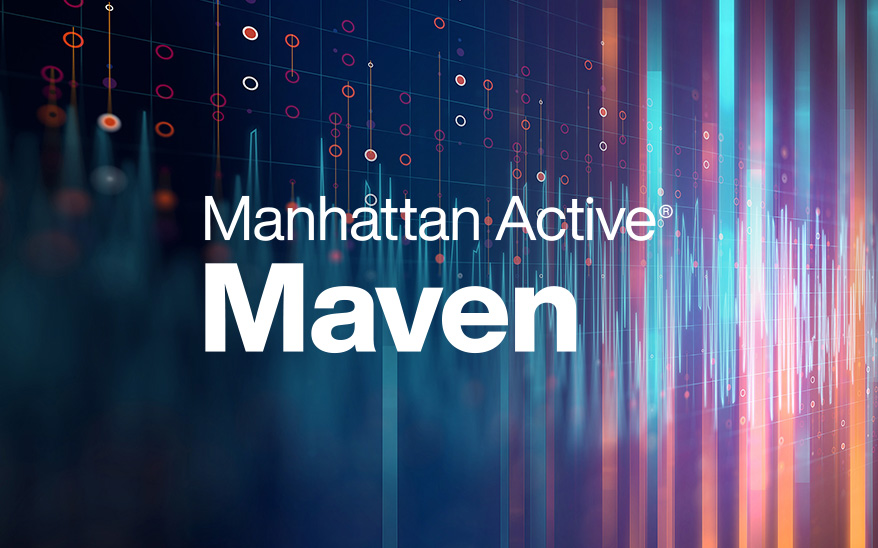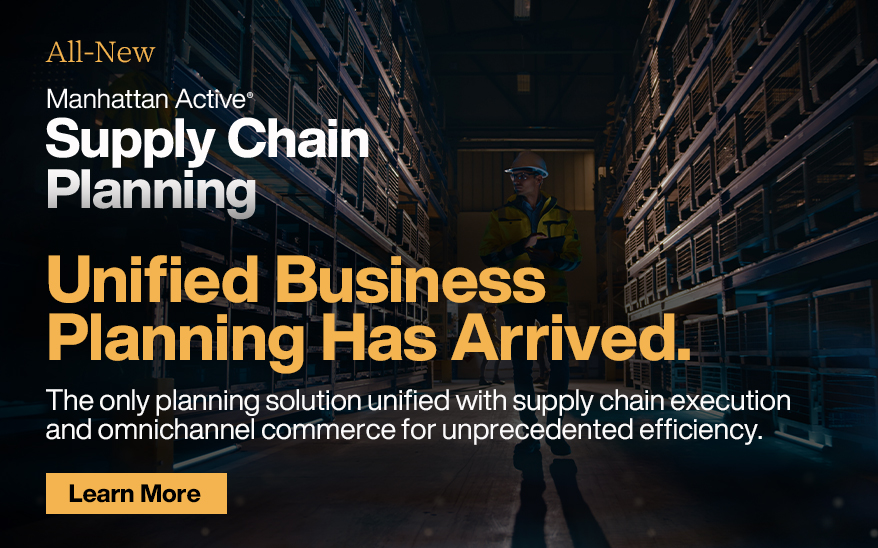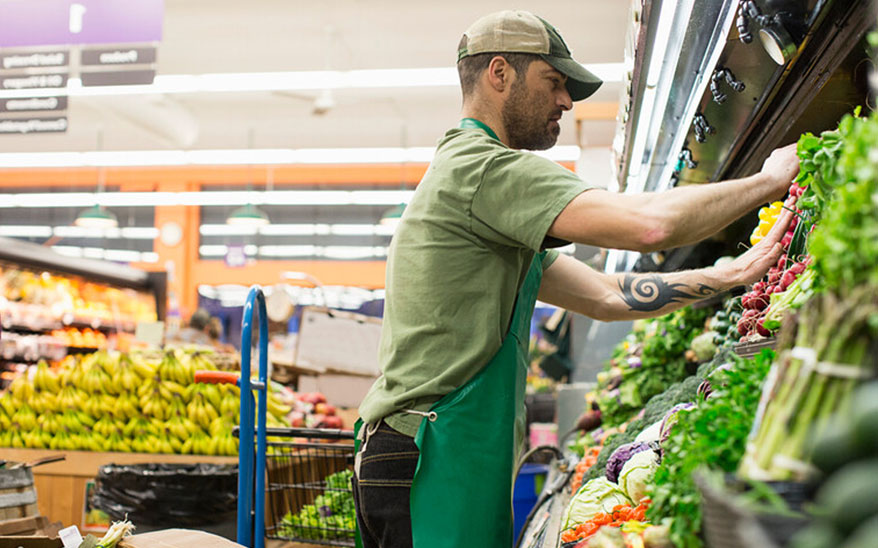Embracing Brands That Champion the Planet During Plastic Free July
- July 11, 2022
Recently, the topics of sustainability and environmentalism have risen to the top of the global agenda for governments, organizations and individuals alike. Now in its 12th year, Plastic Free July consists of more than 250+ million participants from 190+ countries around the globe, each pledging to give up (or at least reduce) single-use plastics use for the month of July.
In some ways, COVID made reducing our reliance on plastic more challenging. But two years of lockdowns and self-imposed restraint for many individuals and brands actually represented a good time to rethink ways to live, produce, deliver and consume products more sustainably.
There is no escaping the issue. Plastic is everywhere in our everyday lives: from shoes, clothing, cosmetics and tea bags, to the very packaging used wrap products delivered to our doors. According to The Big Plastic Count, UK households throw away an average of 66 pieces of plastic packaging a week, amounting to a nationwide total of nearly 100 billion pieces a year.
Whether it’s the sourcing and manufacturing of products, working with partners who focus on more eco-friendly delivery options, or building supply chains that are more efficient and sustainable, businesses need to take action. Because consumers are beginning to vote with their wallets in favor of brands that offer products and services that are greener.
While giving up or reducing plastic usage might seem insignificant when confronted by the enormity of the global climate emergency, thinking about our connection to the environment, and how we as individuals or organizations can affect positive change, is still important.
When it comes to Plastic Free July, the key to remember is that perfection is neither realistic nor achievable for 99% of us. But that is ok. Reducing plastic usage and overall waste by even 10 percent is a great way to start something that you can hopefully take forward into the other 11 months of the year. Consider how big an impact that would make if 8 billion people were to do just that.
A zero-waste or plastic-free existence is not easy. Indeed, the privilege of these types of lifestyles can often be considered elitist or inaccessible to large sections of society. We must do more to make environmentally friendly choices more achievable for the many, not simply the affluent few.
It’s up to us as consumers to demand brands actively reduce their dependency on plastics and practice more sustainable business models, manufacturing processes and supply chains. Whether you decide to go entirely plastic-free this July, or just make a couple of changes, here are five things we can all do to celebrate the 12th year of this remarkably positive movement:
1. Find stores where you can bring your own containers and buy in bulk to avoid unnecessary plastic packaging. You can also replace plastic wrap with reusable bees wax food wrappers.
2. Cut out the single-use plastics with reusable coffee cups and water bottles when you visit Starbucks, or try bamboo utensils when you’re out having a picnic or eating lunch at the office.
3. Thousands of tons of plastic microbeads from products like face scrubs, hand wash and toothpaste end up in the oceans every year, where they harm aquatic wildlife and finely balanced ecosystems. Check the backs of products and avoid those that contain microbeads.
4. Look for fashion brands that are actively reducing their plastic usage in packaging and production. Kanken Fjallraven, Quiksilver and Patagonia are just a few well-known brands that have actually produced product lines made entirely from recycled (ocean) plastics.
5. As consumers we have more power than we think. Vote with your wallet and spend your dollars with brands using technology to reduce plastic usage in their supply chain packaging and delivery processes, not just manufacturing.
For those of you that this has sparked an interest, you can further check a brand’s sustainability credentials by looking at their partners. Those that work in alignment with experts like Manhattan Associates and DHL – who actively promote greener supply chain methodology, delivery methods (such as EVs) and offer carbon offset options – are ones you may want to prioritize.
Reducing our reliance on plastic is not something that will happen overnight. However, with enough consumer sentiment and the corporate innovation to match, all 12 months of the year could be plastic-free by 2030.




